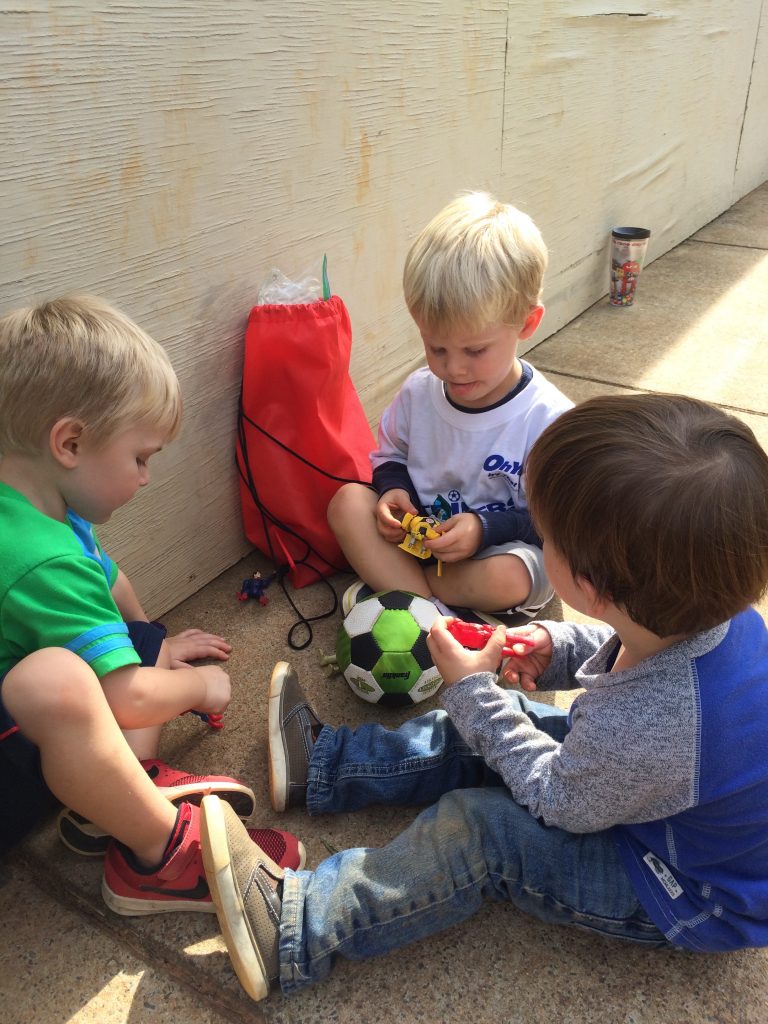Outdoor play is important for the development of the children. At home and in the schoolyard it is beneficial for students to explore their surroundings. According to Maria Montessori, “There must be provision for the child to have contact with nature; to understand and appreciate the order, the harmony and the beauty in nature.” They need to be curious about what is around them. In addition, they need to discover new things. Outdoor play provides children a chance to jump, climb, throw, and run either alone or with others. Therefore, it develops physical coordination.
Outdoor play gives children an opportunity to develop social skills. They are able to interact, collaborate, and negotiate with their peers through various games. Children create games and rules for the games. This empowers them to be creative and imaginative. Also, it lets them be whoever they want. With outdoor play, children learn about their natural surroundings as well as the development of confidence and skills. Confidence in physical abilities gives children a positive attitude.
Outside Play in Schools
Physical play helps children to build negotiating and conflict resolution skills. With these skills, children develop better communication skills. Also, they learn to understand the feelings of others, thus, they develop empathy. All of this contributes to healthy brain development.
Outside play improves a child’s attention span and adds to the ability to concentrate and stay focused. Students with ADHD especially benefit from outside play because of the increase in their attention span. However, in spite of the benefits of outside play, or play in general, free play time is reduced for many children. Today, children are raised with a pressured lifestyle. The involvement in afterschool structured activities limits outside free play. Play and unscheduled time for children to interact contributes to their social and emotional learning.
![]()



